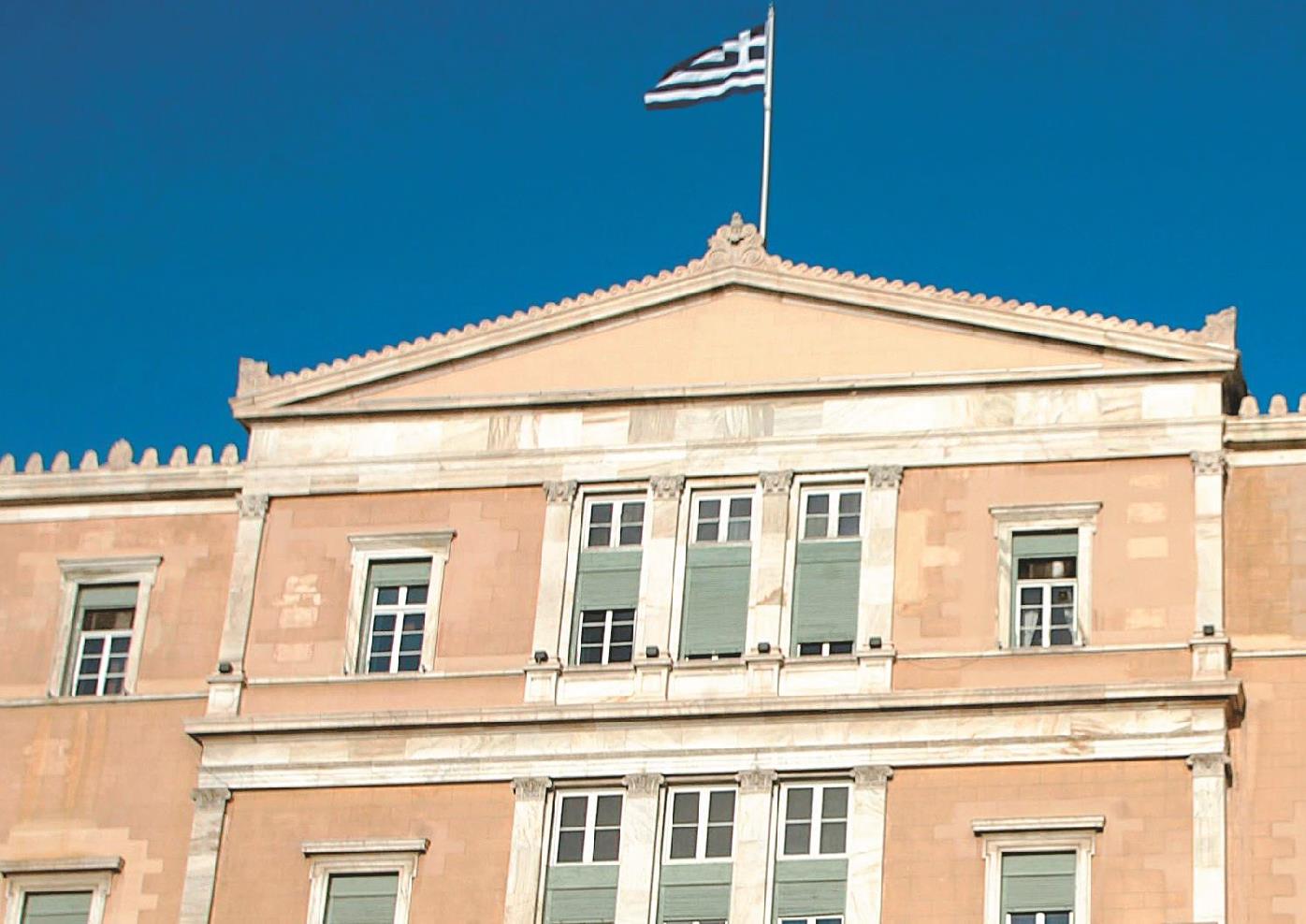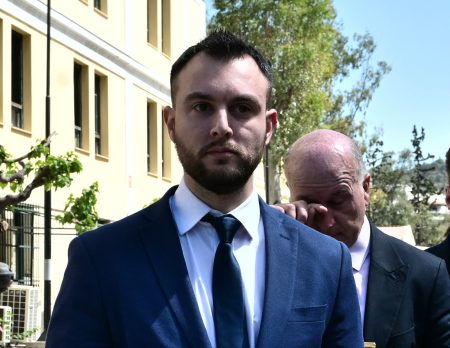The Eurogroup’s decision to extend the Greek bailout program by two months may have afforded some extra time for the current government, but it puts the pressure on the next government, should the parliamentary assembly be unable to elect a President.
With the bailout extended for two months until the troika can complete its review, the banks will continue to receive funding from the ECB, rather than the ELA. The troika’s teams are expected in Athens on Tuesday and will likely complete their report by the first vote in the Presidential elections, scheduled for the 17th of December.
Should the present Parliament elect a President, then it will be called upon to vote for the prior actions and potential measures that the troika has deemed necessary in order to complete tis review. Talks for the ECCL will begin after the troika’s review has concluded successfully.
Should Parliament not elect a President, then general elections will be called, which may delay the completion of the troika’s review. As a result, the 7.2 billion euros worth of installments (from the European Commission, IMF and ECB) may not be paid out. The government may have to issue treasury bills in order to cover any funding needs.
In case of early elections, the new government will be under a lot of pressure to negotiate with the troika and to vote any commitments and measures in Parliament. Rumors have suggested that if the current parliamentary assembly cannot elect a President then the bailout will automatically be extended to six months, rather than two, in order to allow time to complete talks with the troika.





